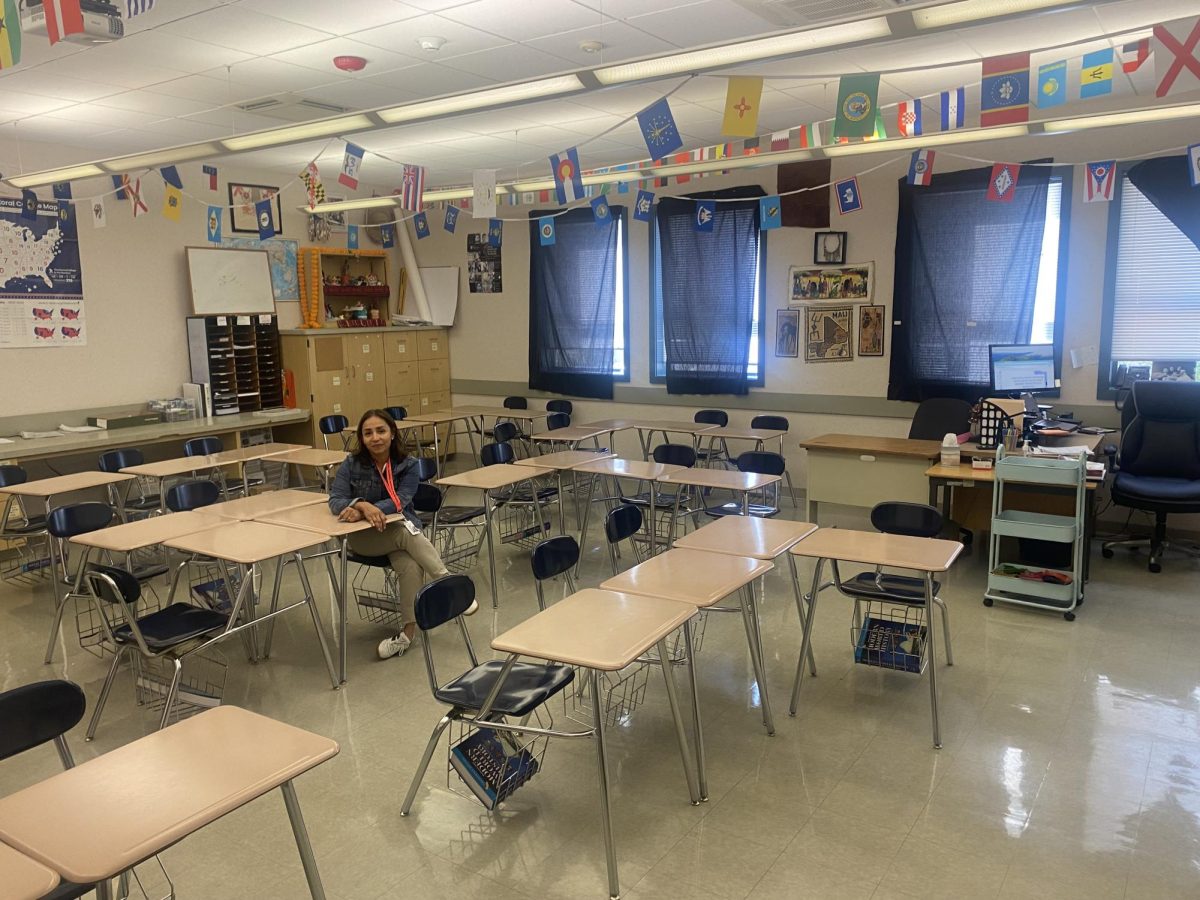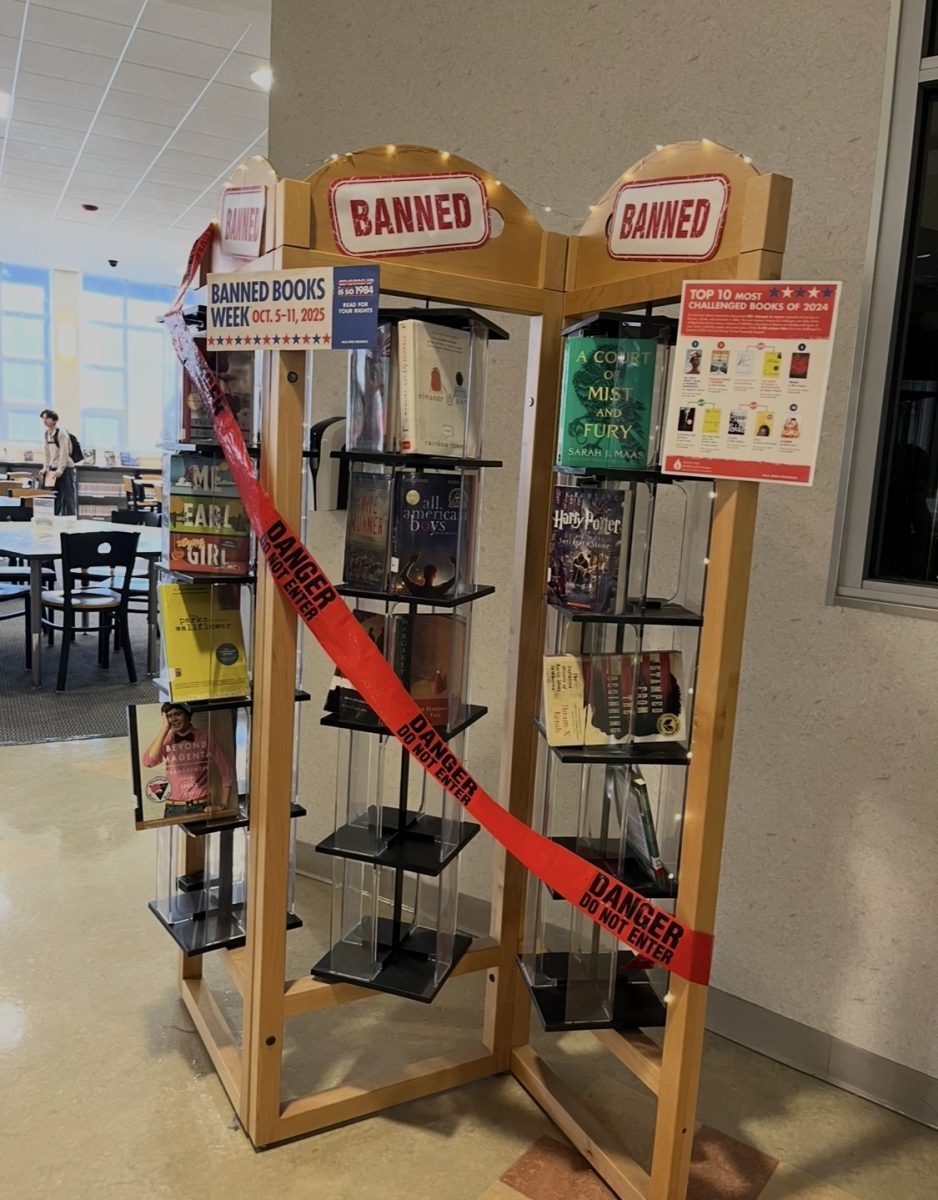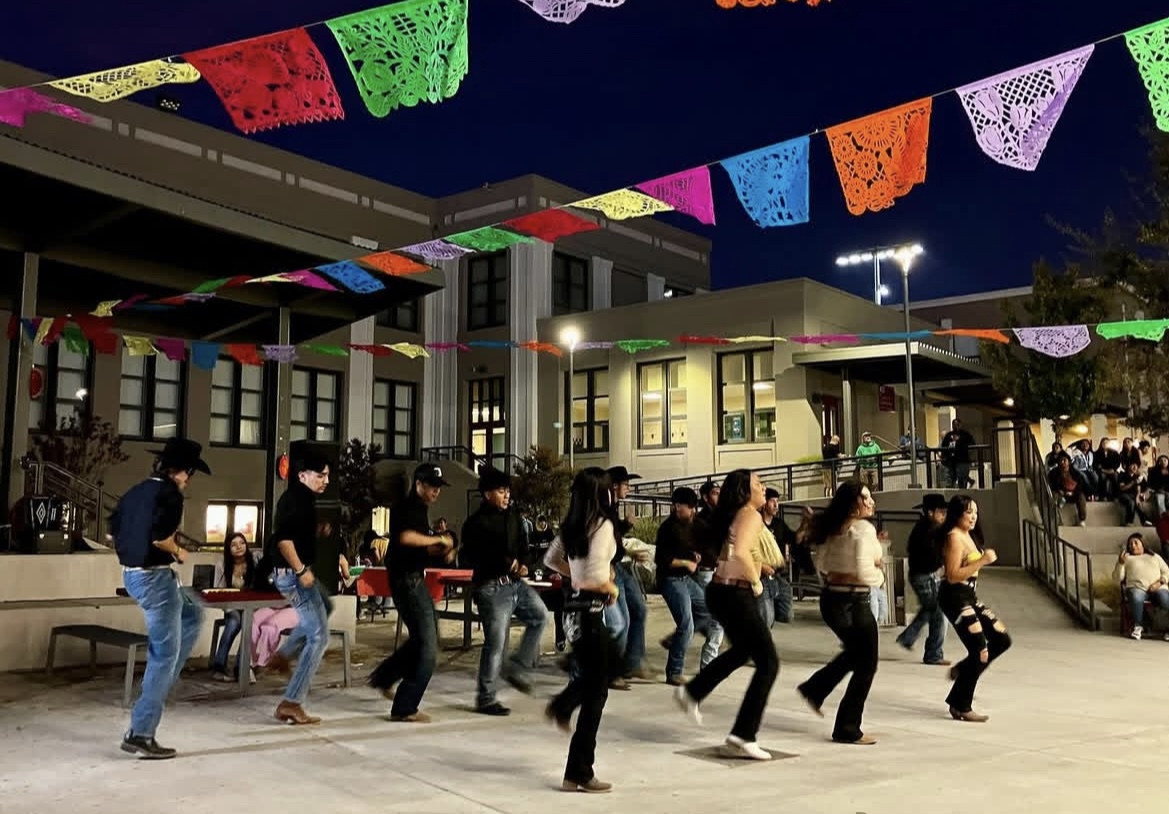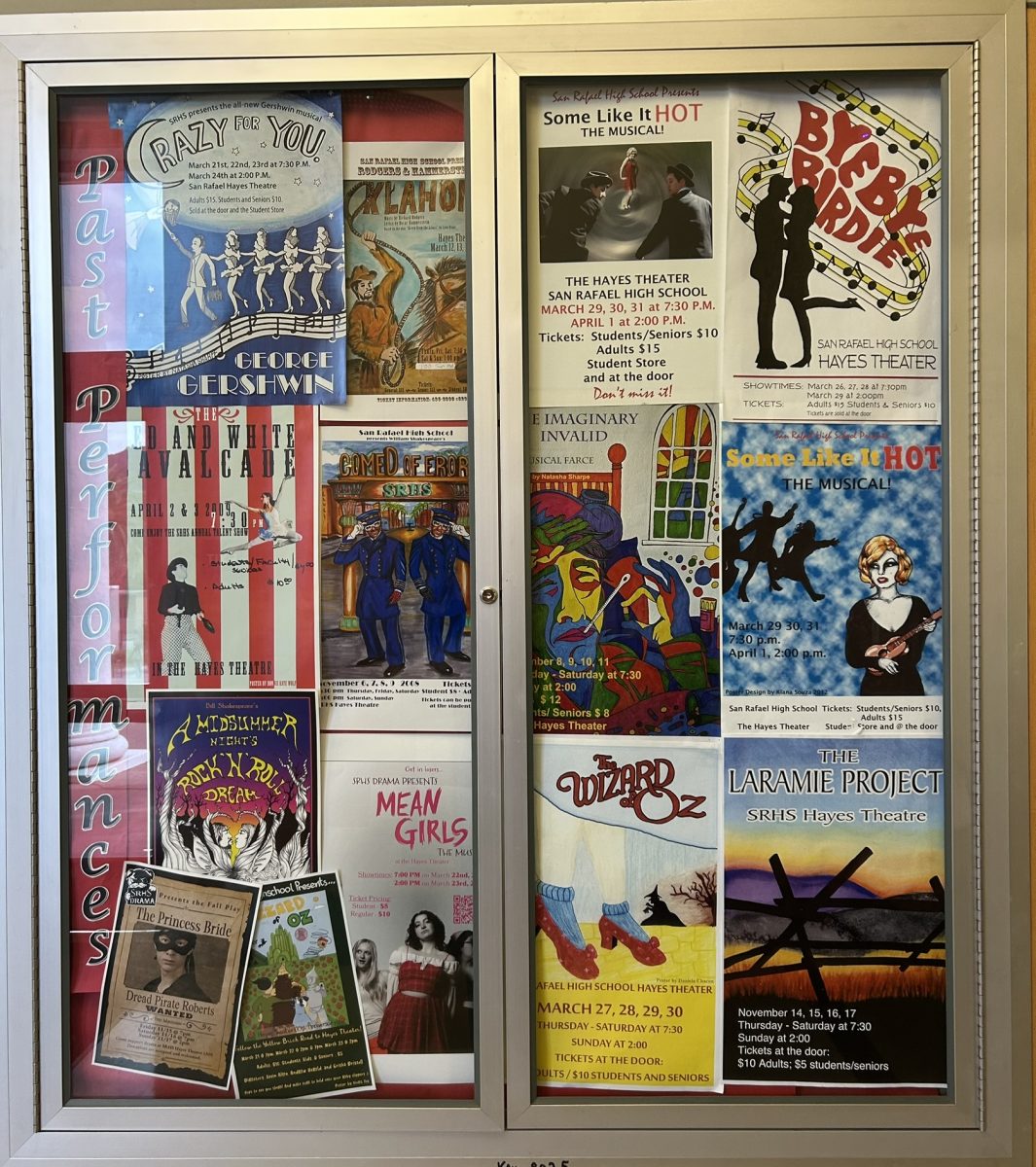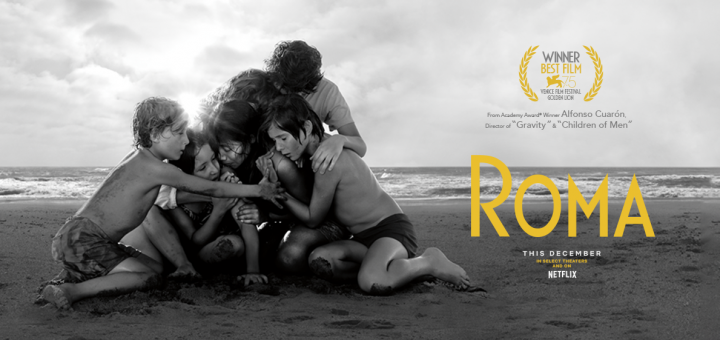Oscar-Winning Film “Roma” is Soul-Stirring and Powerful
March 15, 2019
Through a series of soul-stirring and true events, Alfonso Cuaron shares his youth, his innocence, and his creativity in the film Roma. The Oscar-nominated film has gained attention by not only film critics, but also housekeepers like my mother.
It is 1970 in Roma, Mexico City, the neighborhood where Cleo, the live-in maid, and nanny, raised Cuaron and his siblings. The autobiographical film Roma is dedicated to Liboria, “Libo”, Rodríguez. Rodriguez, represented by Cleo (Yalitza Aparicio), has dedicated her life to caring for the troubled Cuaron family.
In the opening scenes, the camera follows Cleo around the two-story home as she completes mundane tasks. She sings along to Leo Dan’s “Te He Prometido” while she folds the children’s laundry. I immerse myself into her story, as I stare at my black and white screen. I walk behind the clank of her shoes when she runs down the stairs, through the empty streets of Roma to pick up the Cuaron children.
This dysfunctional family lives in a bubble, reluctant to see the truth that lies beyond the iron gates of their home. Cleo becomes their foundation as the family begins to crumble. She is the only character that is able to truly see herself and the distress around her. Cleo makes the family question how much of the world they are actually willing to participate in.
The film is entirely in Spanish except for the short, but significant, conversations Cleo (Yalitza Aparicio) and Adela (Nancy Garcia) have in their indigenous tongue. They prepare afternoon tea as they gossip about Cleo’s admirer.
Roma becomes more than just the daily life of Cleo. It becomes a story of social chaos, strong women, and the discovery of an authentic self.
Cuaron’s powerful and evocative recreation of the 1971 Corpus Christi massacre sets the stage for the disaster waiting to come. Cleo’s raw emotion and bedtime lullabies in Mixtec reveal her significant role in the family and the value of her character. All of these large and personal moments lead to the instant the family develops an even stronger bond.
Cuaron’s attention to detail and lengthy photographic shots bring his childhood memories to life. Rooftops draped with drying clothes become battlefields where fierce warriors claim defeat. The steaming tailpipe of a vintage car becomes a metaphor for a father’s departure. The candid shots of Cleo scrubbing food stains off the children’s clothes by hand display Cleo’s luminary nature.
I have never seen someone like myself on screen. Within the first couple of minutes of Roma, I saw myself chasing after my younger sisters. I saw my mother looking out into the ocean, reluctant to go in because she can’t swim. I heard my grandmother whispering “Que sueñes con los angelitos”(Sweet dreams). I spied on my great grandmother “chismeando” (gossiping). It’s revolutionary.

